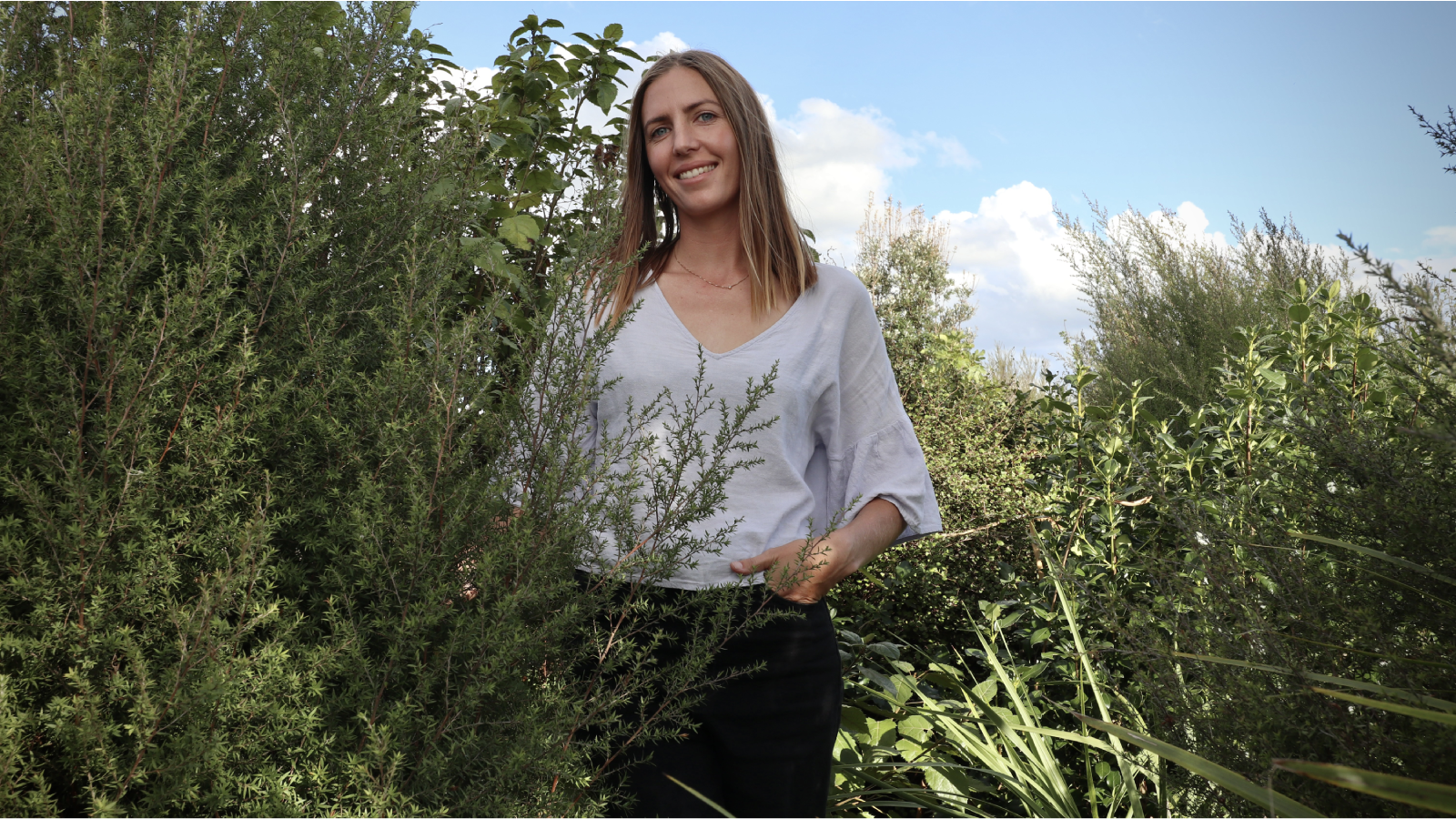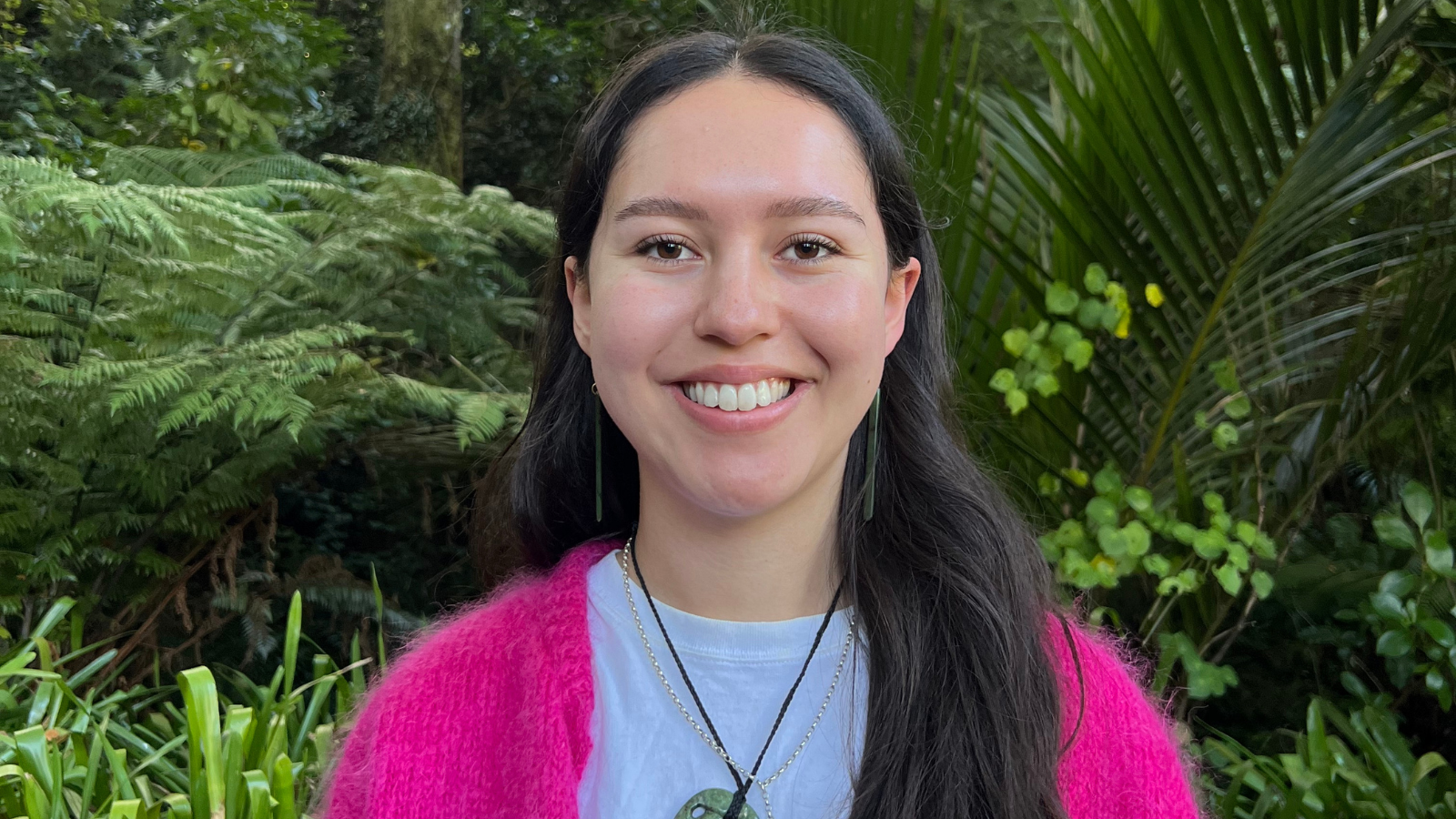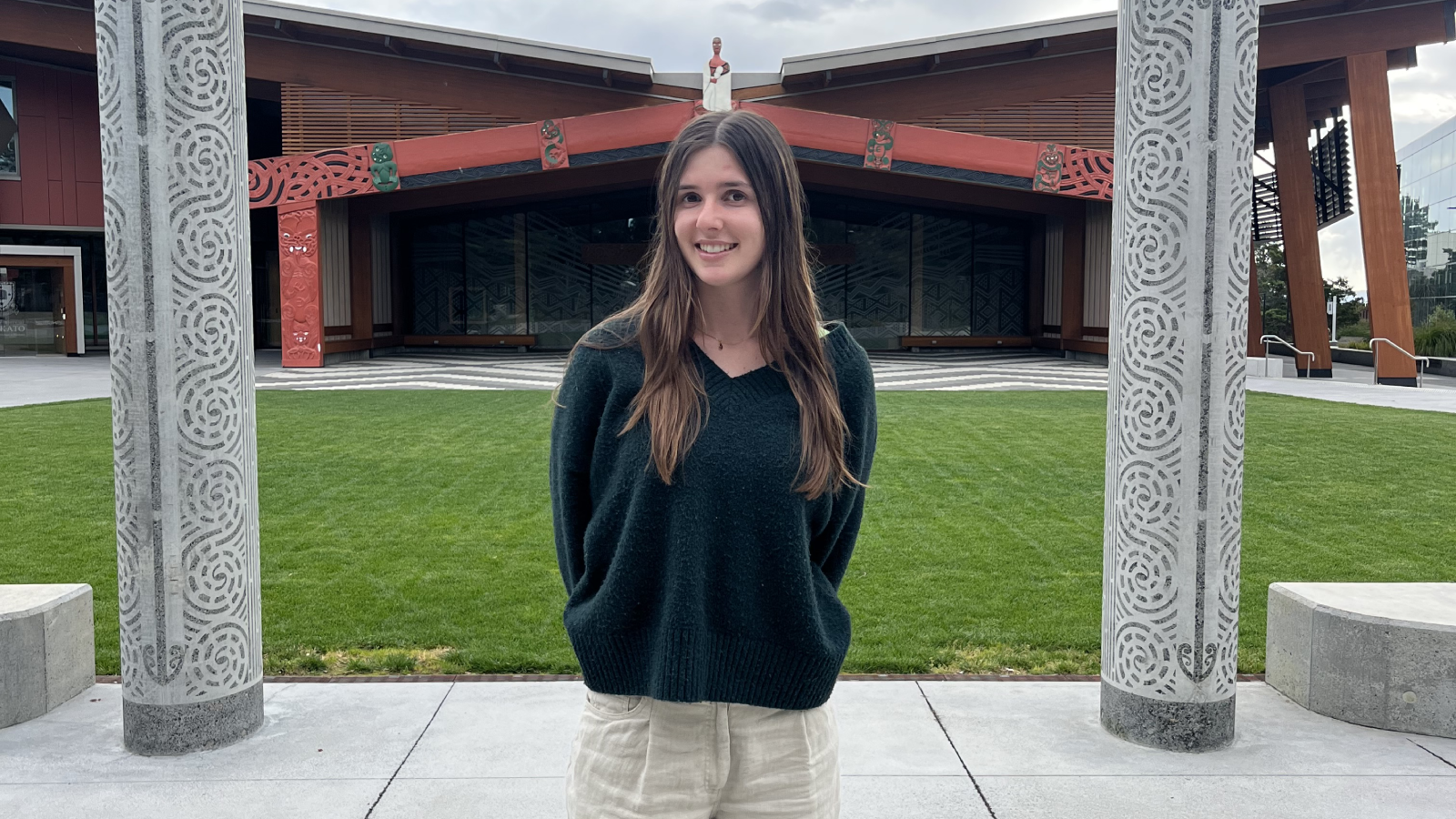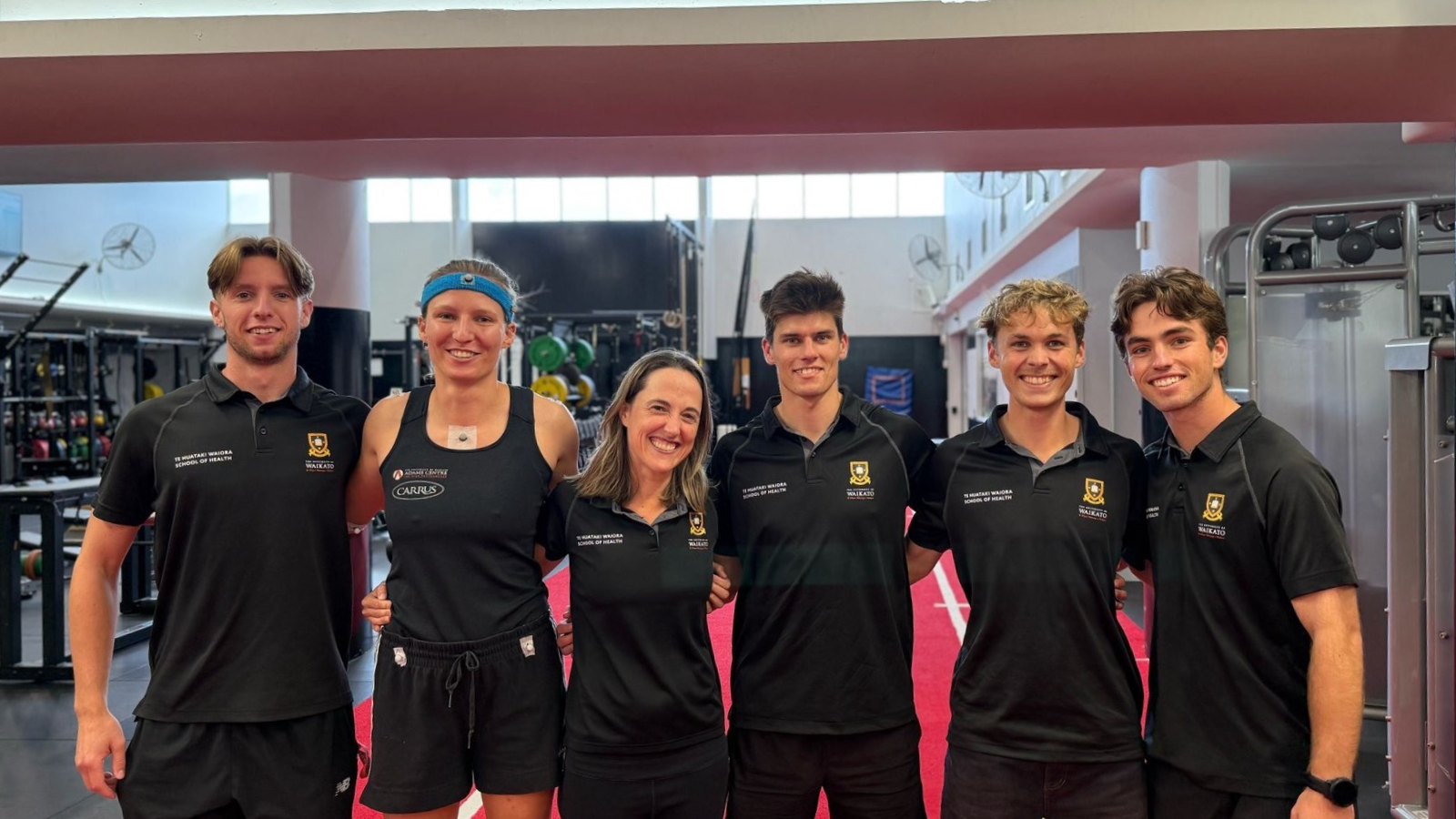University of Waikato researchers are helping New Zealand communities mitigate emissions and adapt to the increasing number of extreme weather events we face influenced by human induced climate change.
From understanding how shifts in Antarctica are changing our weather patterns to shaping the development of our cities to reduce greenhouse gas emissions, and mapping the increased natural hazards we face so we can consider actions like managed retreat, our researchers are creating a common language across disciplines in the fight against the planet’s most pressing environmental issue.
The University launched the world’s first Bachelor of Climate Change in 2021 bringing together this collective expertise across all disciplines.
“Climate change used to be thought of as a future problem, something for future generations to worry about, now we understand how significant these impacts are and how rapidly things are changing now,” says Dr Luke Harrington, University of Waikato environmental science senior lecturer.
Dr Harrington was the lead author on a recent paper undertaking a rapid analysis of Cyclone Gabrielle which found human-caused warming was driving increased rainfall, making extreme rainfall events more likely.
"We're confident that the amount of rainfall associated with Cyclone Gabrielle was more intense because of anthropogenic climate change,” says Dr Harrington.
The interdisciplinary degree equips graduating students with a broad skill set to contribute meaningfully in the future job market and bring solutions that work across knowledge bases from the social sciences, including policy and planning, to environmental science and engineering, says Dr Harrington.
Some of his research also involves monitoring extreme heat waves in New Zealand to identify which areas of New Zealand are more susceptible to extreme heat, crucial information to help our communities and organisations adapt to worsening extreme weather events.
He says the extreme weather New Zealand has been experiencing is becoming more intense because of human-caused climate change and we need to take action now to minimise the impact of future events.
Winning hearts and minds
The key to changing behaviour on a large scale however, and achieving our climate change goals is through planning and policy change and winning hearts and minds, says Professor of Environmental Planning, Iain White.
Professor of Environmental Planning, Iain White says we know what to do, but we frequently see research failing to influence or politicians not taking action.
He knows too well the challenges we face when it comes to helping us all get around our cities more sustainably. Professor White is championing the concept of a ‘20 minute city’ to New Zealand. The idea that a city can be designed to give you what you need for a good life within a 20 minute walk, cycle or scooter trip, reducing greenhouse gas emissions in the process.
“It takes hearts and minds - people have to support the change, so you have to collect evidence and be an advocate. You’ve also got to work in partnership with the Government to embed the ideas in plans, policies, and budgets,” says Professor White.
“In many cases, we know what to do, but we frequently see research failing to influence or politicians not taking action,” says Professor White.
He leads a research team looking to understand why decision making to adapt to climate change is so hard for the National Science Challenge; Resilience to Nature’s Challenges programme.
“We need to make decisions using the best possible data, and we need to provide a scientific approach that is robust and defensible, but most importantly, we’ve got to offer people something better than what they have. Change is very hard when it's all about sacrifice or taxation,” says Professor White.
He has also been working collaboratively with NIWA and researchers from across the country to develop the first open source, national flood map, which also overlays climate change.
It is work that will eventually help New Zealanders avoid building in areas that will be of most risk, and make it easier for future generations to manage the effects of climate change, says Professor White.
Understanding Antarctica to understand our climate risk
Underpinning work to help our communities adapt to climate change is the need to understand changes in Antarctica and the Southern Ocean and the impact they will have on New Zealand’s climate over time.
Associate Professor Charles Lee says the University of Waikato has a long history of studying Antarctic terrestrial ecosystems.
Associate Professor Charles Lee has spent the past decade working in Antarctica, helping to understand and protect some of the most delicate ecosystems on the planet and bringing those learnings home to protect our own environment.
He studies the unique terrestrial ecosystems of Antarctica, and his work is not only helping to protect the globally unique biology on the vast continent but also helping us understand the roles Antarctica and the Southern Ocean play in regulating the global climate.
“Global and local climate patterns are influenced by oceanographic currents. Antarctica has a critical role in regulating global climate currents. What happens in Antarctica can provide us with a signal for the timing and change that we may expect to see in New Zealand,” says Associate Professor Lee.
He says the University of Waikato has a long history of studying Antarctic terrestrial ecosystems.
“Much of what we have seen in Antarctica falls into line with what we would expect with elevated CO2 levels. It really drives home the importance of growing our civilisation using new techniques and new ways of doing things that reduce our greenhouse gas emissions.”













